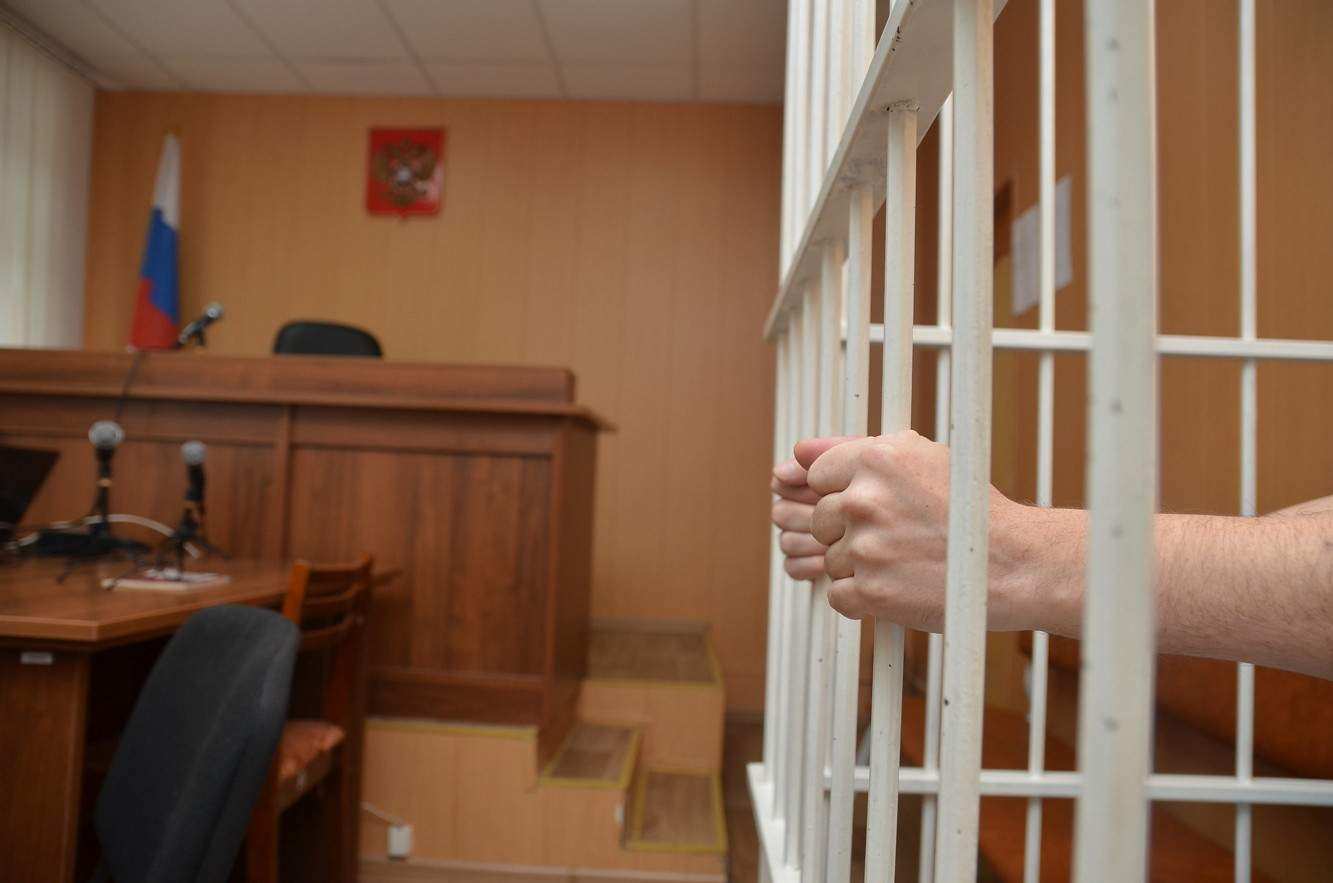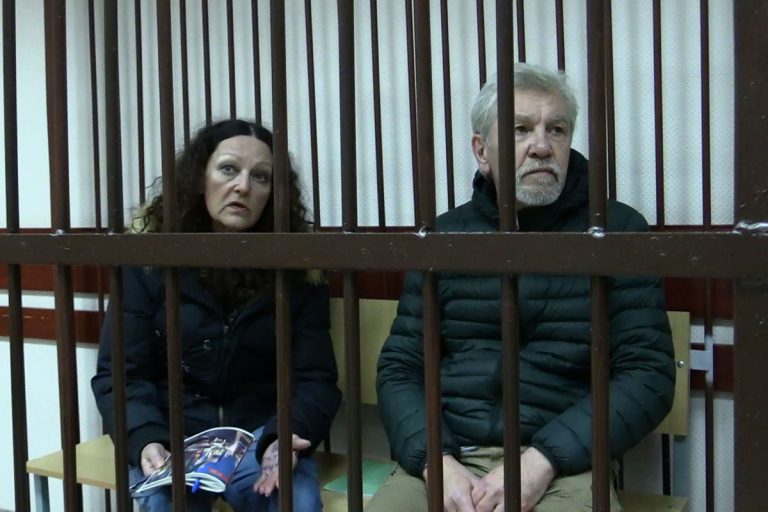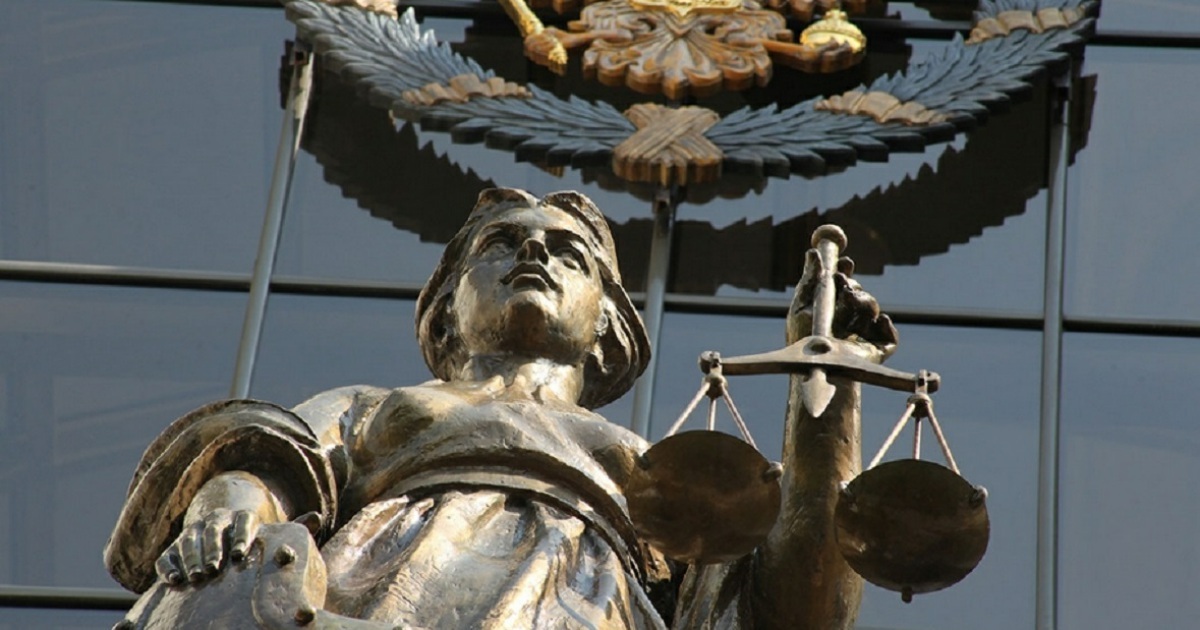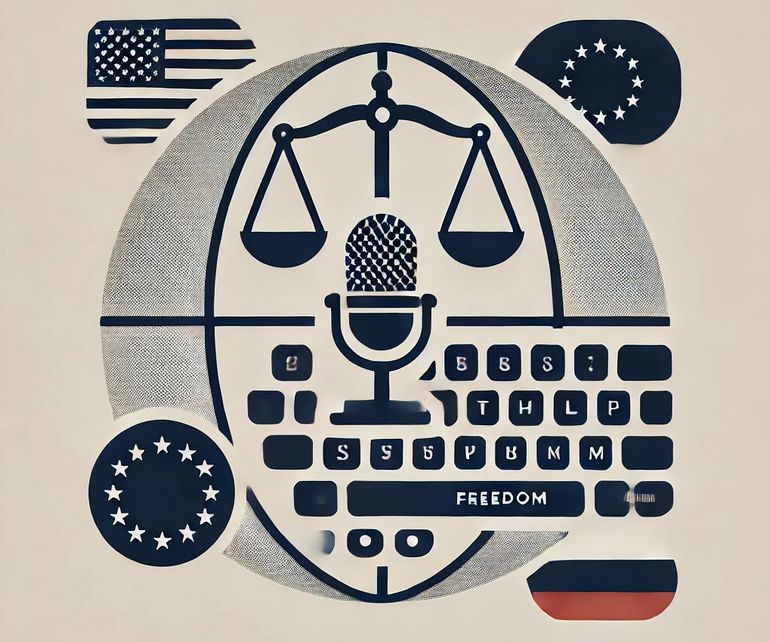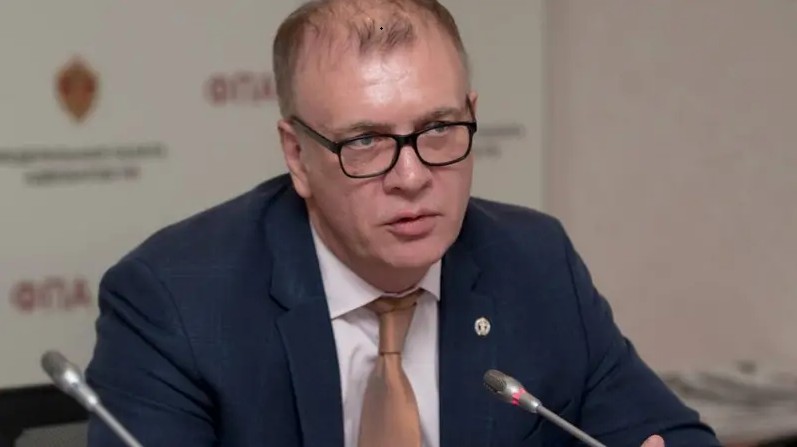64-year-old lawyer Maria Boncler from Kaliningrad has been arrested and charged under Article 275.1 of the Russian Criminal Code — "confidential cooperation with a foreign state." This is one of the first known uses of the new law, which allows authorities to prosecute citizens for undisclosed contact with foreigners deemed threatening by the FSB.

